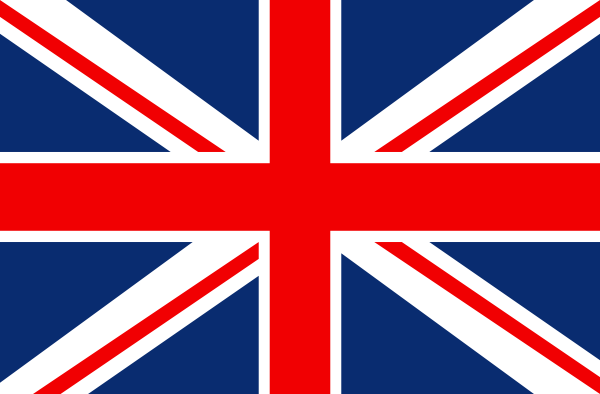
TOURING IS ON THE BUMPY ROAD TO RECOVERY
 After a complete shutdown, several false starts and a few miscues, the live-music business seems poised to return on a global scale in the coming 10 months. While having to come to terms with a changing environment, new safety and security rules, diminished and less-experienced crews and the possibility of new COVID-variant outbreaks, the live business is optimistic about what lies ahead in 2022 and 2023, especially when acts like Tool, Dua Lipa and the alt-j/Portugal. The Man package can pack arenas across North America while snow is on the ground.
After a complete shutdown, several false starts and a few miscues, the live-music business seems poised to return on a global scale in the coming 10 months. While having to come to terms with a changing environment, new safety and security rules, diminished and less-experienced crews and the possibility of new COVID-variant outbreaks, the live business is optimistic about what lies ahead in 2022 and 2023, especially when acts like Tool, Dua Lipa and the alt-j/Portugal. The Man package can pack arenas across North America while snow is on the ground.
The summer stadium tours of Foo Fighters, Luke Combs, Red Hot Chili Peppers and Kenny Chesney have seen particularly robust ticket sales and at the arena level, based on sales right now, Morgan Wallen, Shawn Mendes and Chris Stapleton won’t be looking at any empty seats. Wallen’s tour started 2/3 and runs deep into September; Stapleton's is mid-March through June, with a Wrigley Field date in July; and Mendes’ run is 6/27-10/26.
That optimism is being tempered, however, by a soft marketplace for the stalwarts of summer, the amphitheater shows. Reviewing ticket availability for acts playing amphitheaters this spring and summer, fanbases are revealing a high level of caution. Largely regardless of genre or location, act after act is selling out the higher-priced front sections but looking at a sea of available chairs in back. “Sure, the acts that were bulletproof before the virus are still bulletproof now, but everyone else is very soft," one agent confirmed.
 A manager of multiple rock bands says this has led to taking opening slots on package tours rather than risking a headline tour in smaller venues, which in ordinary times would be the smarter play. “We're noticing that people are looking for value for their dollar and the bigger packages with stronger bills are attracting attention,” he said.
A manager of multiple rock bands says this has led to taking opening slots on package tours rather than risking a headline tour in smaller venues, which in ordinary times would be the smarter play. “We're noticing that people are looking for value for their dollar and the bigger packages with stronger bills are attracting attention,” he said.
With a mid-level act, if anyone in the touring group tests positive for COVID, that band is writing a check to cover the expenses of crews and equipment. One agent after another tells us that with a larger tour, on the other hand, the financial implications of a cancellation are spread among all parties.
The festival landscape, meanwhile, has seemingly returned to normal in a heartbeat. Coachella and BottleRock are already sold out; New York’s Governors Ball is down to limited availability; and demand has been strong for Bonnaroo, BeachLife, Alabama’s Hangout, Kentucky’s Forecastle, Florida’s Okeechobee, Southern California’s This Ain’t No Picnic and Primavera Sound L.A. and the hard-rock outings mounted by Danny Wimmer Presents.
But for international touring to make its return, it's vital that European markets fully open back up. Scandinavia has followed the lead of Britain, Ireland and the Netherlands in lifting all coronavirus restrictions on social gatherings, including capacity restrictions, the need to wear face masks and COVID-pass requirements; Denmark went first, followed by Finland, which announced that all restrictions would be lifted through February. Per Reuters on 2/1, "Norway will scrap most of its remaining COVID-19 lockdown measures with immediate effect." Then came Sweden, which on 2/9 announced it would follow the example of its neighbors.
Despite these moves toward normalcy, if Germany doesn't lift its COVID restrictions, touring throughout Europe could be hampered. Agents are quick to point out that the conservative approach taken by many of Germany’s 16 states could seriously disrupt planned tours as, according to one, "It's tough to roll from the U.K. and France to Eastern Europe without playing in Germany. Plus, it's such a huge market that you want to play Germany.”
Will The Cure be able to get through its 33 shows in 11 European countries and the U.K. this fall without a cancellation? That may become a benchmark of the safety of Continental touring.








Privacy Policy - Terms and Conditions
| Site Powered by | |






 ONE IN FOUR U.K. Q1 GIGS CANCELED
ONE IN FOUR U.K. Q1 GIGS CANCELED